Accreditations
Fire Retardant Compliances
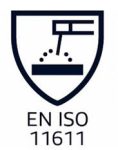
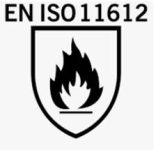
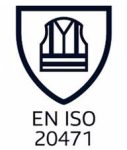
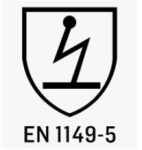
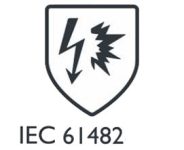
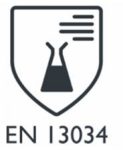
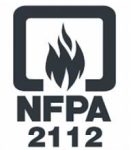

Compliance & Transparency

A comprehensive certification for organic fibers, ensuring environmental and social responsibility throughout the production process, from harvesting to labeling, promoting sustainable practices and consumer trust in organic textiles worldwide.

A certification verifying the organic content of products containing a blend of organic and non-organic materials, ensuring transparency and integrity in labeling and promoting sustainable practices in textile production.

A certification verifying the presence and percentage of recycled content in blended materials, promoting transparency and credibility in sustainability claims for textile products

A certification verifying the recycled content of products, ensuring traceability, social, and environmental practices throughout the supply chain, promoting circular economy principles and sustainable consumption.

An international standard for testing and calibration laboratories, ensuring they demonstrate competence, impartiality, and consistent operation, thereby providing reliable and accurate results for their clients while complying with relevant quality assurance requirements.

An international standard for occupational health and safety management systems, helping organizations to provide safe and healthy workplaces, prevent work-related injuries and illnesses, and continually improve occupational health and safety performance.
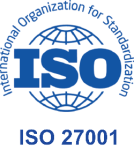
An international standard for information security management systems, providing a systematic approach to managing sensitive company information, ensuring its confidentiality, integrity, and availability through risk management and continual improvement processes.
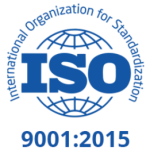
A globally recognized standard for quality management systems, providing guidelines for organizations to consistently meet customer requirements, enhance satisfaction, and continually improve processes and products/services.

A social compliance audit conducted by the Worldwide Responsible Accredited Production organization, assessing factories’ adherence to ethical labor practices, workplace safety, and environmental regulations to ensure responsible sourcing and manufacturing in the global supply chain.

A collaborative effort in the apparel and footwear industry to harmonize social and labor standards, reducing audit fatigue and improving supply chain transparency and efficiency through a unified assessment framework.

A membership organization providing a platform for companies to manage and share ethical supply chain data, promoting transparency, responsible sourcing, and ethical business practices globally, ultimately driving improvements in social and environmental standards across supply chains.
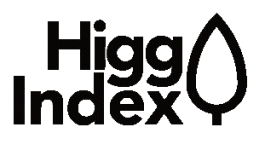
A sustainability assessment tool used to measure the environmental and social impact of clothing and footwear, enabling companies to make informed decisions to improve their sustainability performance and reduce their ecological footprint.

A global non-profit organization promoting sustainable cotton production, aiming to improve environmental, social, and economic impacts in the cotton sector through capacity building, farmer training, and adoption of better farming practices.
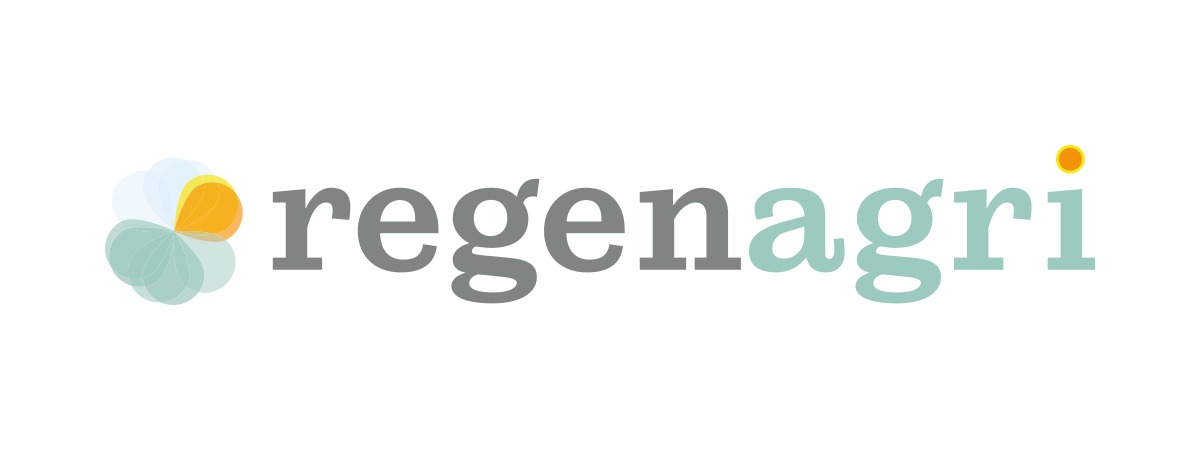
Regenage Cotton Certification ensures sustainable farming practices, reducing environmental impact, and promoting social responsibility in cotton production. It guarantees eco-friendly, high-quality textiles.

An initiative promoting sustainable cotton farming practices in Africa, improving the livelihoods of smallholder farmers and protecting the environment through training, certification, and market access.

Global textile certification ensuring product safety and sustainability by testing for harmful substances and promoting eco-friendly practices

A sustainability program in the cotton industry focused on reducing environmental footprint, enhancing traceability, and promoting responsible farming practices, ensuring transparency and credibility in cotton production within the United States.

An initiative aiming to help companies reduce their carbon footprint and transition to net-zero emissions across their supply chains, fostering sustainability and climate action within the business ecosystem.

ICS certification in sustainability validates expertise in implementing eco-friendly practices, ensuring environmental responsibility and long-term resource management.

Sarena Textile is OEKO-TEX certified. The OEKO-TEX standard ensures that textile production is free from harmful substances and environmentally friendly, promoting consumer safety and sustainable production practices.

An online platform enabling companies to disclose and manage their environmental impacts, risks, and opportunities, facilitating transparency and accountability in climate change, water security, and deforestation initiatives to investors and stakeholders.

An international standard for environmental management systems, assisting organizations in minimizing their environmental footprint, complying with regulations, and continually improving their environmental performance through systematic approaches.

A digital platform providing access to environmental data and compliance information for factories in China, empowering stakeholders in the apparel and textile industries to monitor pollution levels, track regulatory compliance, and drive sustainable practices within the supply chain.

A digital platform designed for organizations to manage and track the usage of chemicals in their operations, providing tools for inventory management, regulatory compliance, and sustainability reporting to enhance safety and environmental practices.

The Zero Discharge of Hazardous Chemicals Foundation is a collaboration of brands, suppliers, and other stakeholders in the textile, apparel, and footwear industry working to eliminate hazardous chemicals from the global textile and footwear value chain to protect workers, consumers, and the environment.

An online platform enabling transparency and traceability in the textile industry supply chain, allowing users to track the journey of fibers from source to finished product, promoting sustainability and ethical sourcing practices
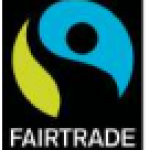
A label indicating that products have been sourced and produced according to Fair Trade principles, ensuring fair wages, safe working conditions, and environmental sustainability, empowering producers and promoting ethical consumerism.
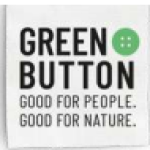
The Green Button is a label for sustainable textiles. It systematically evaluates whether companies take responsibility for respecting human rights and environmental standards in their supply chains.




